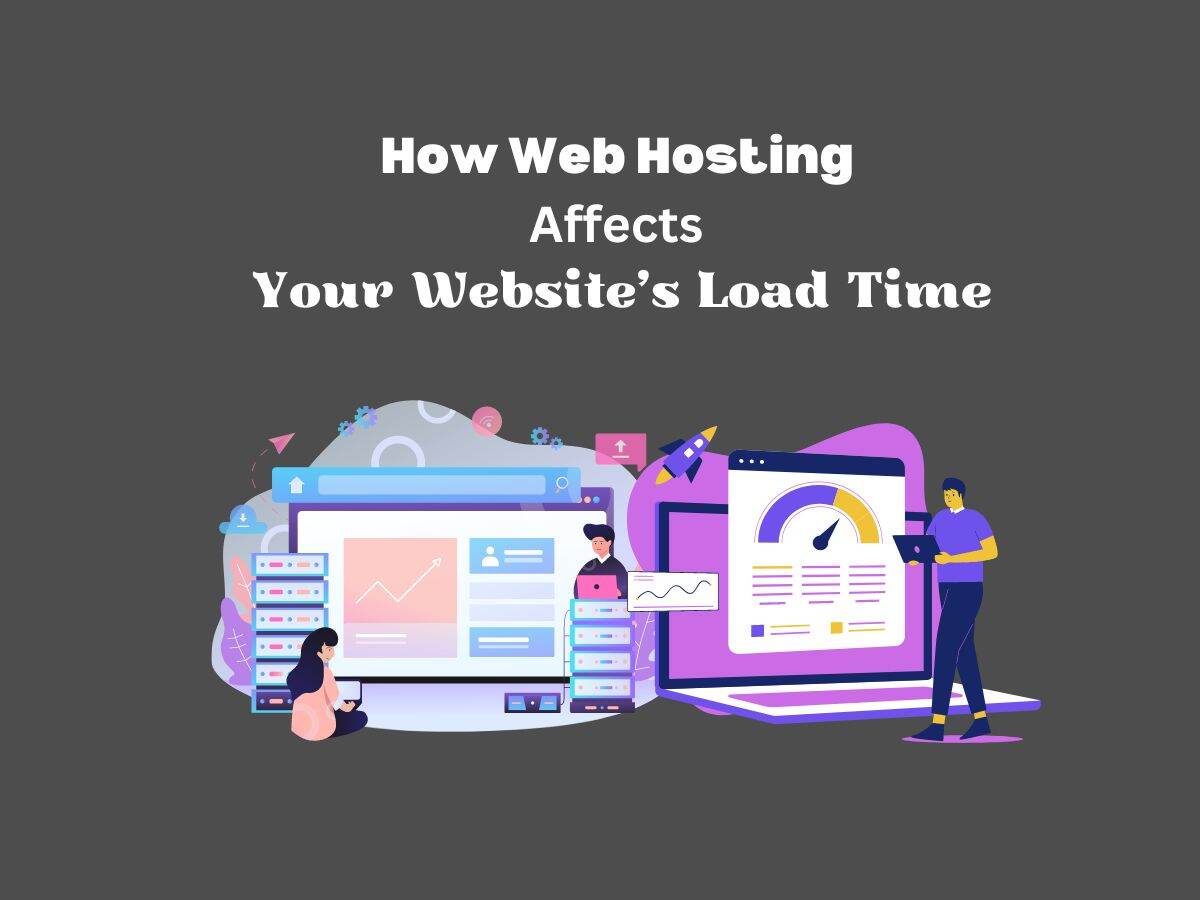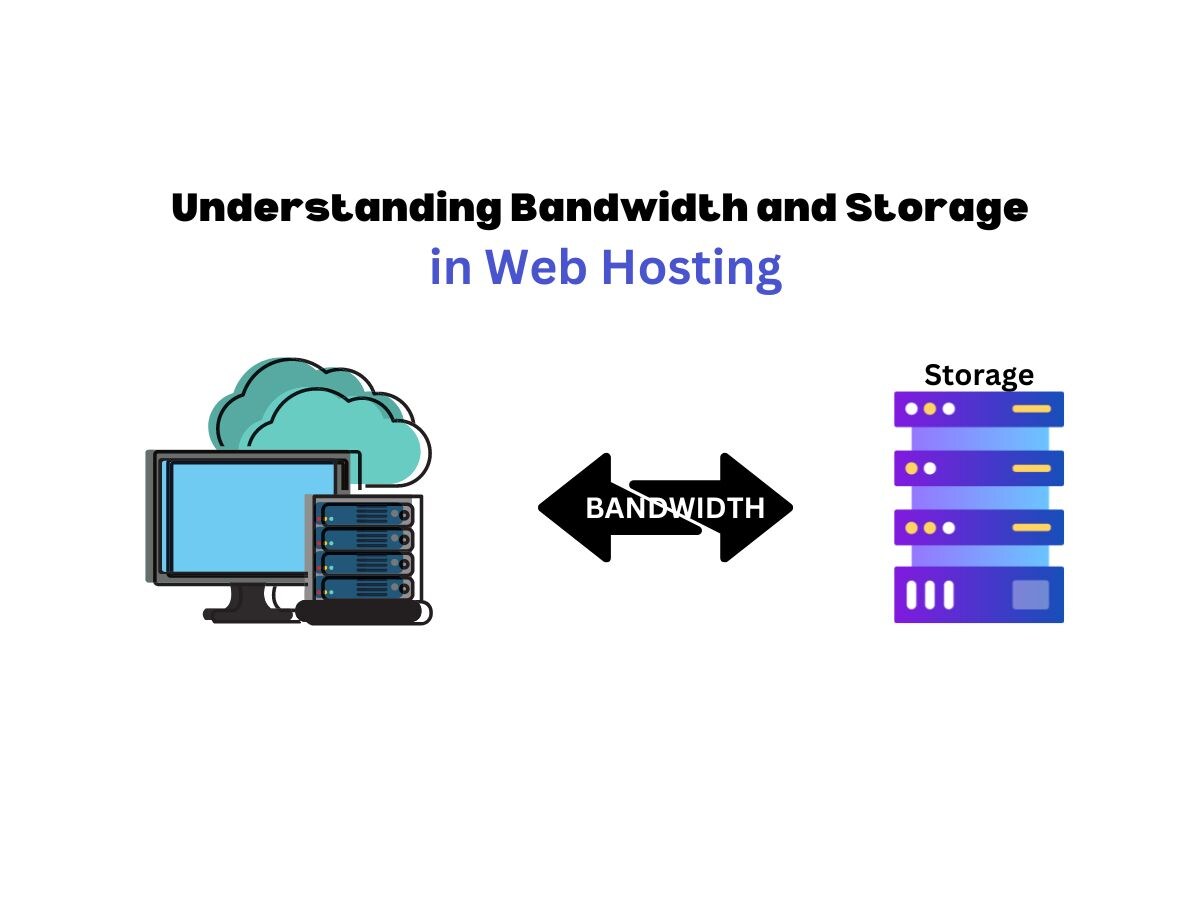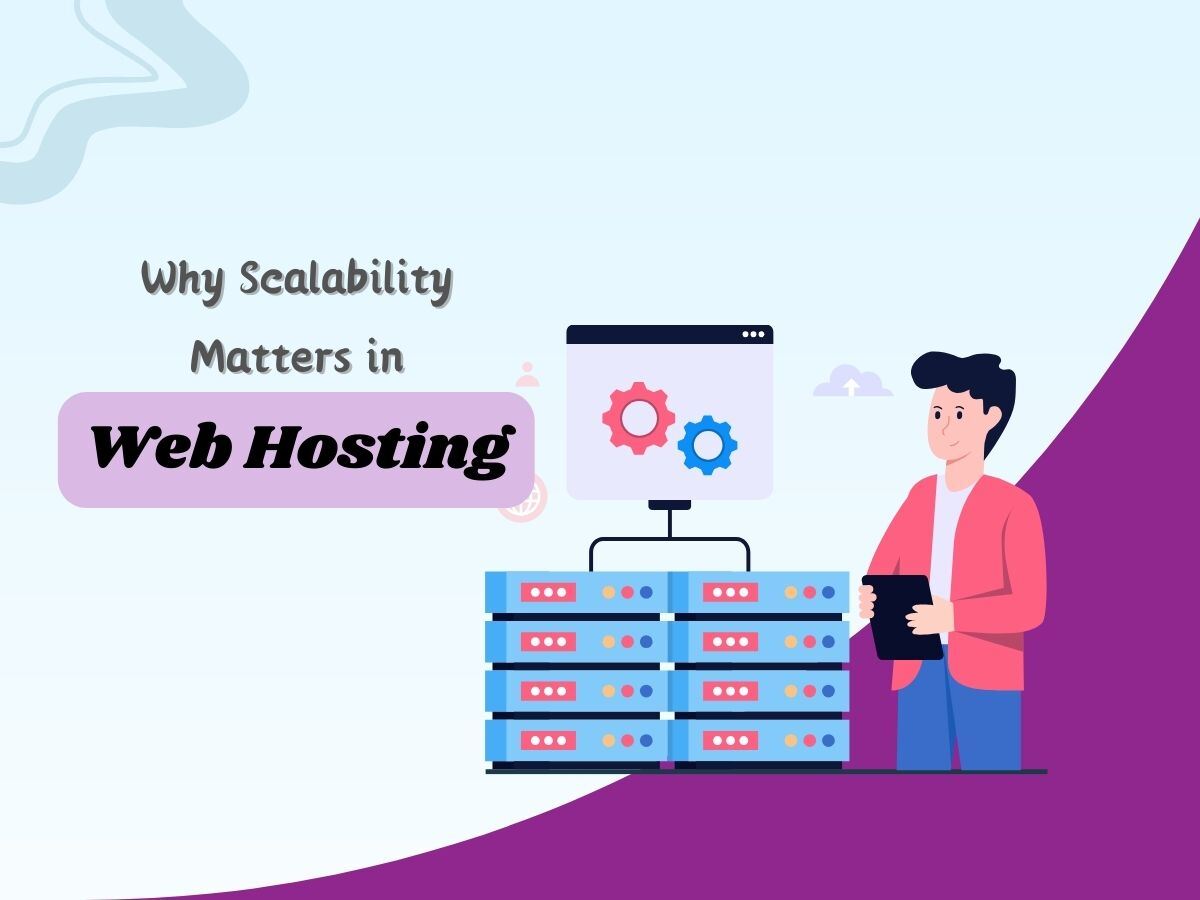
How Web Hosting Affects Your Website’s Load Time
In the digital age, a fraction of a second can mean the difference between a user staying on your webpage or leaving. One critical influencing factor of this is your website’s load time – the speed at which your webpage fully appears when a user navigates to it. Your choice of web hosting can significantly impact this load time. Let’s dive deep to understand the connection between your web hosting choice and overall website speed.
Server Performance
If you think of your website as a car, then your hosting server is the engine driving it. High-performance servers contribute to fast webpage loading times. Factors including the server hardware’s configuration, its processing capacity, the speed of its hard drives or SSDs, and the network’s efficiency can affect your website’s speed.
Availability of Resources
Shared hosting plans, which host multiple websites on a single server, can result in resource constraints, slowing down your website. A website might suffer from lower loading speeds if the hosting server has to attend to multiple resource requests simultaneously. On the other hand, VPS (Virtual Private Server), cloud, or dedicated hosting providers allocate dedicated resources to your site, eliminating competition for resources and improving load time.
Server Location
The physical distance between your server and the visitor can affect load speeds. The further the user is from the hosting server, the longer the data has to travel, leading to longer load times. For websites targeting users in specific geographical locations, choosing a hosting provider with a nearby data center can enhance site loading speed.
Bandwidth
Bandwidth determines the amount of data that can be transferred from your site to the visitors within a specific timeframe. If your hosting provider restricts bandwidth and your website exceeds it, your site’s speed could decrease significantly. Opting for a hosting plan with sufficient or unmetered bandwidth ensures smooth and fast data delivery, enhancing your site’s load speed.
Scalability
As your site grows, you may need to upgrade your hosting plan to cater to increased traffic. A hosting provider that allows for easy scalability can help maintain optimal website speeds during peak traffic without causing site slowdowns or shutdowns.
Quality of Customer Support
While customer support doesn’t directly affect website load time, it can indirectly influence it. A hosting provider with responsive, competent, and efficient customer support can help promptly address any issues that could negatively impact your site speed.
CDN Integration
A Content Delivery Network (CDN) stores your web content on multiple servers located across various geographic locations. This setup permits visitor requests to be processed by the nearest server, dramatically reducing load time. A web host that facilitates easy CDN integration – or even includes it in their packages – can provide a significant boost to your website’s loading speed.
Server Software
The software and operating system used on your server can also affect your website’s speed. Using lightweight web servers like Nginx or LiteSpeed can offer better performance compared to traditional software like Apache. Also, ensure your hosting provider regularly updates server software for optimal performance.
Conclusion of Web Hosting Affects Your Website’s Load Time
Your choice of web hosting dramatically impacts your website’s load time, influencing user experience, SEO rankings, conversion rates, and overall website success. Understanding the factors that tie web hosting to website speed prepares you to select a hosting service that ensures your website delivers content quickly and efficiently, keeping your visitors happy and engaged.







